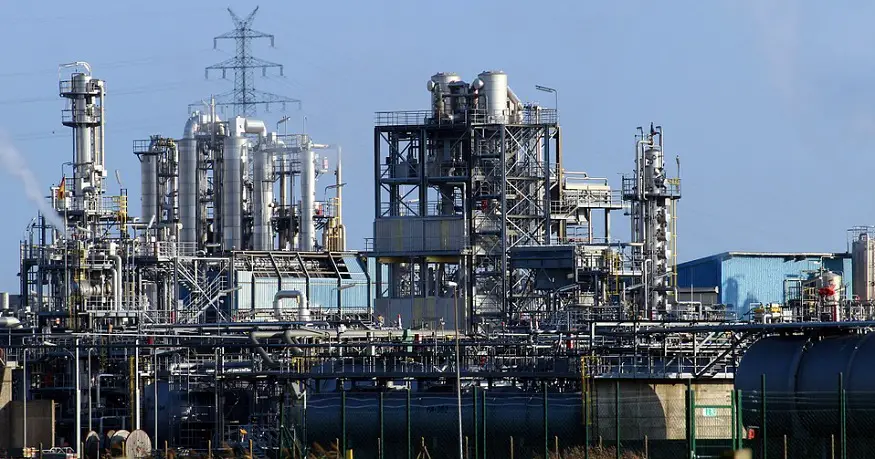
Construction starts on Hydrogen electrolysis plant in Germany
June 27, 2019The new plant will help to contribute to a cleaner and reduced-carbon energy future.
ITM Power, the UK-based energy and storage and clean fuel company, has announced that construction has begun on the REFHYNE consortium’s 10-megawatt (MW) hydrogen electrolysis plant at the Shell Rheinland refinery in Wesseling, Germany.
The new ground-breaking facility features advanced PEM technology.
The hydrogen electrolysis plant will feature advanced polymer electrolyte membrane (PEM) technology. The plant is expected to generate up to 1,300 tons of hydrogen per year when it operates at its projected peak rates, and will be the world’s largest PEM electrolyser at Shell’s Rheinland Refinery.
Hydrogen at the plant will be generated using green power production methods. Instead of being produced from natural gas, electricity will be used that is generated from renewable power sources. The thought is that this will help to dramatically lower carbon dioxide emissions from the refinery, which will also continue to produce oil.
“Oil products will continue to play an important role in the decades ahead, and this project means we will be able to make more and cleaner fuels, bitumen and base chemicals,” Director of the Shell Rheinland Refinery, Frans Dumoulin, stated in a recent ITM press release.
“At the same time, we want to contribute to accelerating the use of hydrogen in transport and other sectors,” Dumoulin added.
The hydrogen electrolysis plant is seen as a key element in helping to decarbonize industrial processes.
ITM Power, which specializes in electrolysers and hydrogen fuel cell products, sees this new facility as an important moment.
“This ground breaking of the world’s largest PEM electrolyser is an important moment for ITM Power and our partners,” stated ITM Power’s CTO, Simon Bourne, in the PR.
“Large scale electrolysis is now seen as an important element in the decarbonization of key industrial processes and the REFHYNE project lays the first building block to 100MW industrial plants and beyond.”
Many believe that hydrogen can play a significant role in the transition to clean energy as it is already being used in industrial applications and in fuel cell vehicles. This alternative and eco-friendly fuel can help improve local air quality  when used in fuel cell vehicles as these vehicles emit only water vapor when in operation.
when used in fuel cell vehicles as these vehicles emit only water vapor when in operation.
The hydrogen electrolysis plant is expected to be completed in the second half of next year (2020).



 With over 15 years of reporting hydrogen news, we are your premier source for the latest updates and insights in hydrogen and renewable energy.
With over 15 years of reporting hydrogen news, we are your premier source for the latest updates and insights in hydrogen and renewable energy.